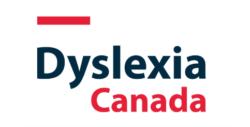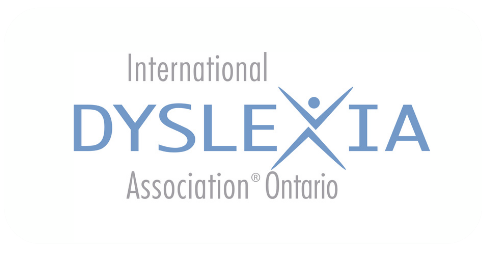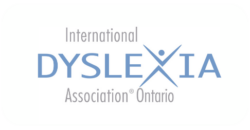Vocabulary knowledge must be intentionally nurtured to ensure that students are ready for the greater vocabulary demands of reading complex texts and writing multi-paragraph essays, but we need to pay attention to cracks in the foundation and scaffold our lessons accordingly, or it all falls […]
Levelled Literacy Intervention (LLI) is a commonly used literacy intervention grounded in the ineffective three-cueing approach to reading instruction. In 2022, the Ontario Human Rights Commission found that LLI is ineffective, both from external research on its effectiveness and boards’ own data on student outcomes. […]
Thank you to Greater Essex County DSB for generously sharing this spreadsheet! It contains sets of texts aligned with content from the 4 frames (kindergarten), social studies and science curricula (grades 1 – 6), and history and geography curricula (grades 7 and 8). These […]
In this video, Dr. Anita Archer models an explicit vocabulary lesson with older students. Note how Dr. Archer involves active participation: students are engaged throughout. Note also the high level of teacher-student interaction. See if you can count the number of “serve and return” interactions!
REWARDS is a research-validated, specialized reading intervention program designed for students in junior, intermediate and senior grades. This YouTube playlists contains training videos for several versions of the program: REWARDS Intermediate, REWARDS Secondary, and REWARDS Social Studies.
Even as students enter kindergarten, there are huge differences in their individual vocabularies. If we are to narrow the achievement gap that students from different economic levels exhibit in the upper grades, we must provide systematic, robust explicit vocabulary instruction in the primary grades. One […]
Concept sorts introduce students to the vocabulary or ideas of a new topic or text. Students are presented a list of terms or concepts and have to determine how they are related by placing them into different categories. When used before reading, concept sorts provide an opportunity for […]
In this activity from FCRR, students use a web graphic to identify multiple meanings of target vocabulary words.
A word map is a graphic organizer that supports connections among vocabulary and ideas. This resource from TextProject provides Word Maps for core vocabulary – the most important words in written English. Three types of words maps are available for the core vocabulary: synonyms, morphology, […]
Keeping a vocabulary journal is a strategy for helping students apply their knowledge of new words. Research shows that writing supports memory of words because it requires the cognitive skills of retrieval and repetition. Their vocabulary journal can also be a reference for students to […]
Maya’s Book Nook is a website created by Speech-Language Pathologist Dr. Lakeisha Johnson. The Behind the Book section houses a bank of materials to accompany a diverse, culturally relevant children’s book. Equally useful for both parents/caregivers and educators, these handouts include target vocabulary words, as well as questions […]
Far too often, students who struggle with reading and language are given simplified, uninteresting texts. These texts are judged to be “at-the-students’ language or reading level” but deny students access to rich, interesting, age-appropriate text. This guidance document outlines some ideas for fostering conversations around […]




